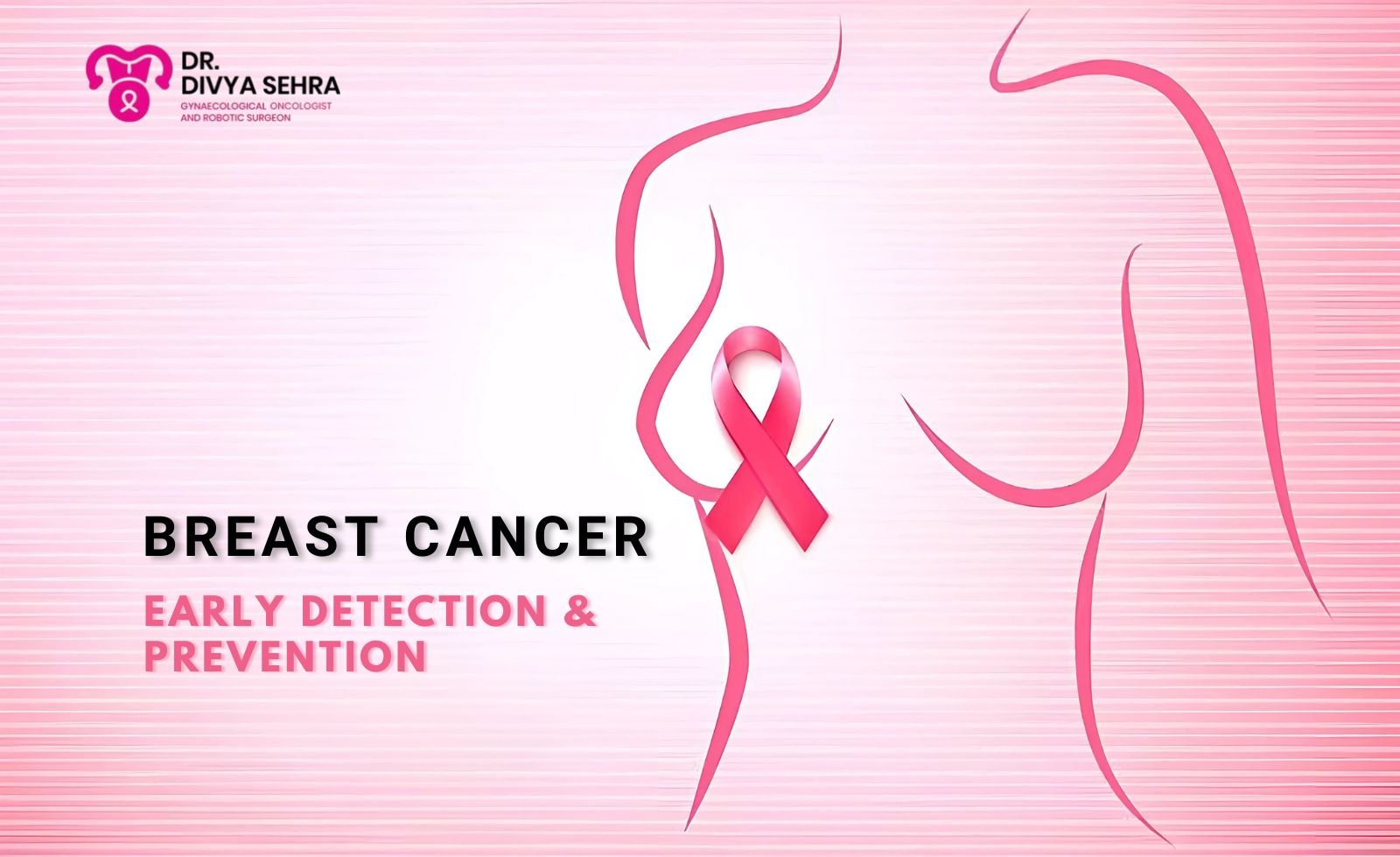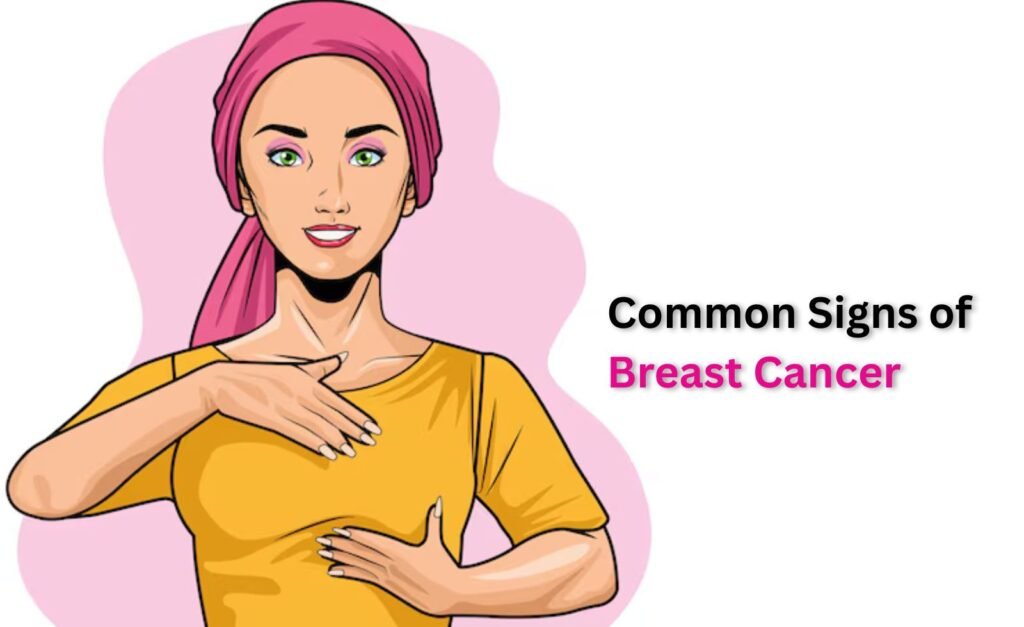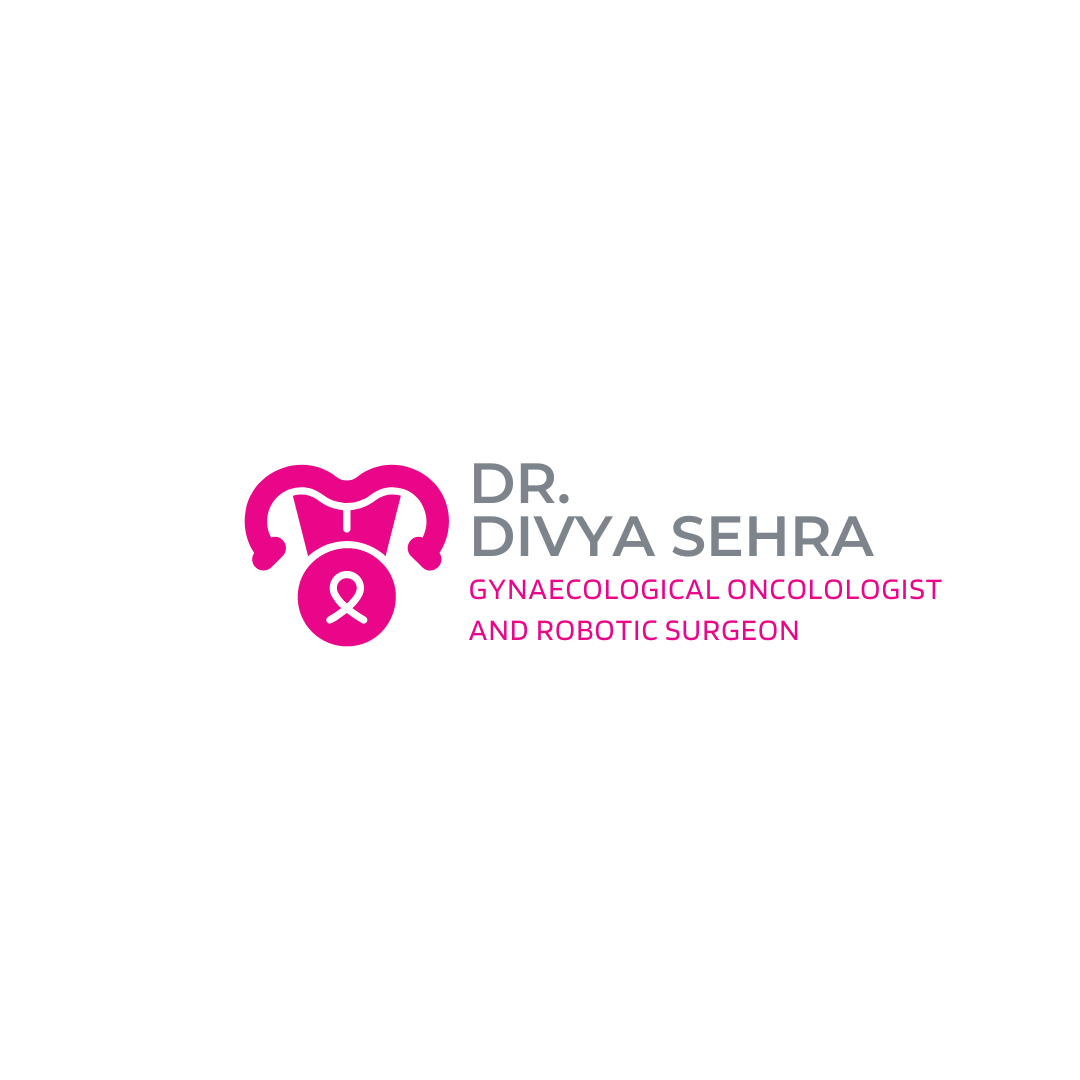
Breast Cancer – Early Detection & Prevention
Breast cancer is one of the most common types of cancer, especially in women, but the good news is it can be treated successfully if caught early. As a Gynaecologic Oncologist, I want to share some important information to help you understand breast cancer, its risk factors, and the importance of early detection.
What Is Breast Cancer?
Breast cancer starts when cells in the breast grow uncontrollably. It can form a lump or mass that might spread to other parts of the body if not treated early. While breast cancer is more common in women, men can also get it.
Risk Factors for Breast Cancer
While anyone can get breast cancer, certain factors can increase the risk:
- Age: The older you get, the higher the risk.
- Family History: If close relatives had breast cancer, you may have a higher risk.
- Hormonal Factors: Starting periods early or going through menopause late can affect risk.
- Lifestyle: Drinking alcohol, being overweight, and not exercising can raise the risk.
How to Detect Breast Cancer Early
Early detection is key to beating breast cancer. Here’s how you can find it early:
- Mammograms: A mammogram is an X-ray of the breast that can help find cancer before symptoms appear. Women over 40 should get a mammogram regularly.
- Self-Exams: Regularly check your breasts for lumps or changes in size, shape, or feel. If you notice something unusual, contact a doctor.
- Ultrasound & Biopsy: If a lump is found, these tests help doctors determine whether it’s cancerous.
Common Signs of Breast Cancer

Breast cancer may not show any signs early on, but these are common symptoms to look for:
- A lump in the breast or underarm
- Changes in the size or shape of the breast
- Unexplained pain or tenderness
- Discharge from the nipple (not breast milk)
If you notice any of these symptoms, don’t wait—get checked by a doctor.
Ways to Lower Your Risk
While you can’t prevent breast cancer completely, you can lower your risk:
- Exercise Regularly: Stay active to help lower your risk.
- Eat Healthy: A balanced diet with plenty of fruits and vegetables can help.
- Limit Alcohol: Drink less alcohol to reduce your risk.
- Breastfeeding: If possible, breastfeeding may help reduce the risk.
Treatment Options for Breast Cancer
If diagnosed, there are several treatment options:
- Surgery: Removing the tumor or the entire breast (mastectomy).
- Chemotherapy: Medicines that destroy cancer cells.
- Radiation: Uses high-energy rays to target and kill cancer cells.
- Hormone Therapy: Blocks hormones that fuel cancer growth.
At Dr. Divya Sehra’s clinic, we offer expert care and the latest treatments for breast cancer.



